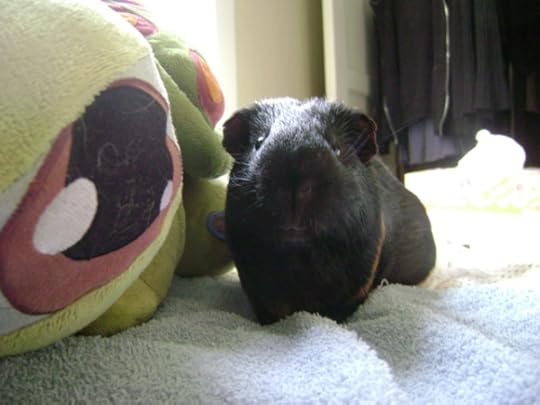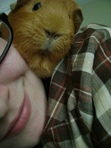I’m never surprised when something goes wrong with a commune.
31. Generation Loss – Elizabeth Hand
Cass Neary is a photographer who can smell damage because she has so much damage it’s not possible to smell anything else. She’s photographed enough dead persons to know that death has a smell and it doesn’t leave. Her nickname, “Scary Neary” is one of my favorite things about the book and the other is how detailed she is about the particulars of photography – she’s got a camera that has to be loaded in the dark, she knows a lot about all the smells of the chemicals and how they would do x with this manipulation and x with that. It’s pretty great to read, considering that most mystery novels involve police protagonists, a jaded, cranked out photographer with transcendent nerdery is an entertaining protagonist to follow instead.
This is the first in the series of four thus far and it’s bleak as hell and once Cass gets to Maine it gets even worse. She’s been pulled from her general squalor by her friend and drug dealer Phil to interview a photographer no one’s heard from for ages who lives on an island in Maine and clearly does not want to talk to anyone ever again, especially about her photographs. She even thinks Cass ripped her off in Cass’ one published book of photography. She is not a happy camper. So, because that’s not working and she can’t easily leave the island, Cass wanders around and discovers some extremely creepy photos and some bizarre doings related to the former commune on the island (suprise, suprise) and ends up figuring out what happens to people who go missing in that area of Maine, and quite a lot of turtles. An abundance of turtles. These turtles do not have a good owner.

Belvedere was born in my house, so he had a good owner if I do say so myself, and a turtle stuffed animal to cuddle with too.
Guinea Pigs and Books
- Rachel Smith's profile
- 7 followers



